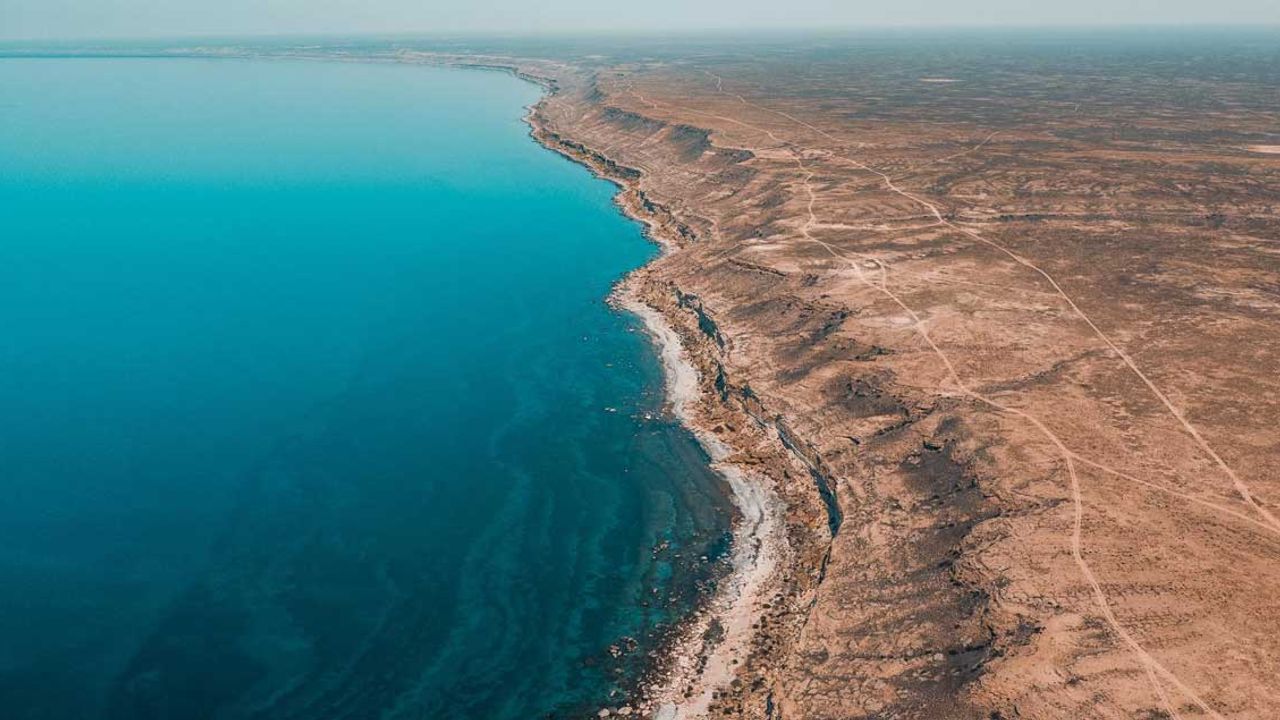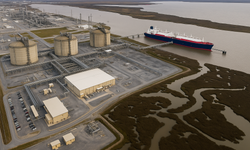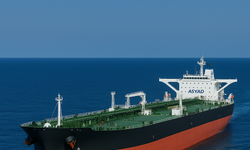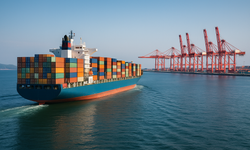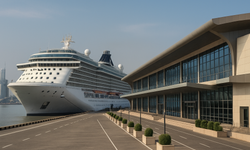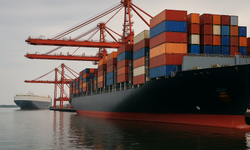ASCO confirmed that with the weather stabilizing, cargo and passenger transport by the Maritime Transport Fleet has returned to normal operations.
The Caspian Sea Oil Fleet is also expected to restore full activity by the afternoon.
Crews continue to monitor weather forecasts and will take appropriate action if conditions change, in line with safety protocols.
On February 7, the State Maritime and Port Agency’s Vessel Movement Control Center issued a warning to vessels regarding the strong northwest winds, which were projected to persist until the morning of February 9.
Capsian Sea's Vital Role in Maritime
The Caspian Sea plays a vital role in regional maritime trade, serving as a crucial corridor for oil, gas, and goods between Azerbaijan, Kazakhstan, Turkmenistan, Russia, and Iran.
Ports like Baku and Turkmenbashi facilitate large-scale cargo movements, including energy exports and the transportation of goods along the Trans-Caspian trade routes, which link Central Asia to European markets.
